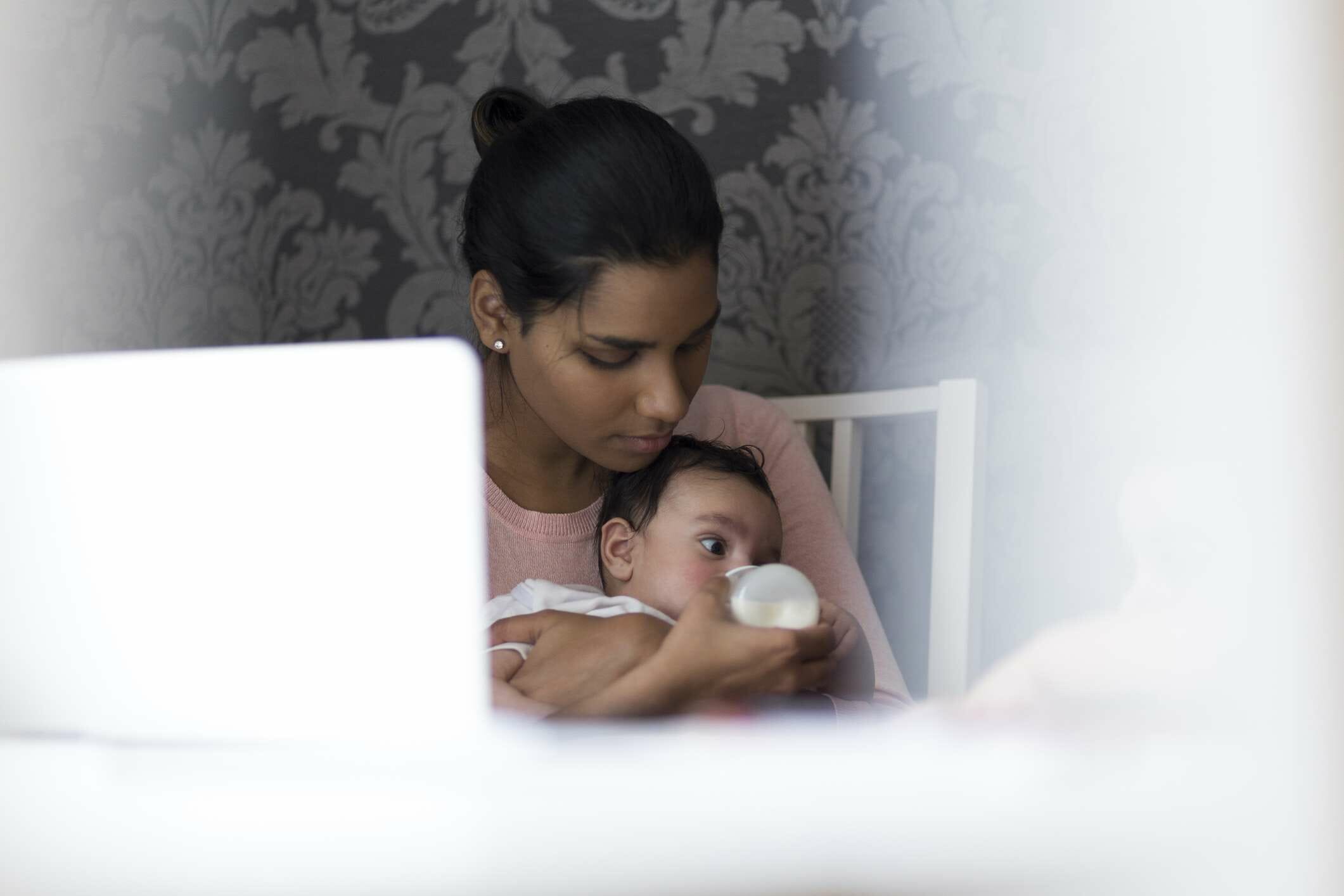
It’s easier to call someone names than it is to sit down and discuss your different viewpoints. It’s much simpler to engage in ad hominem attacks than it is to reevaluate your own position, and it absolutely feels better to use insults as a defense rather than admit you are wrong — and that is why many abortion supporters verbally abuse pro-lifers instead of engaging with them.
Unfortunately, this leads to many pro-life students being called nasty names or accused of vile thoughts and actions, and one such accusation is often that pro-life students are “racist.” Where does the support for this accusation come? You guessed it — from the reliable source called Nowhere, They Made It Up.
(CLICK HERE to shop new SFLA merch!)
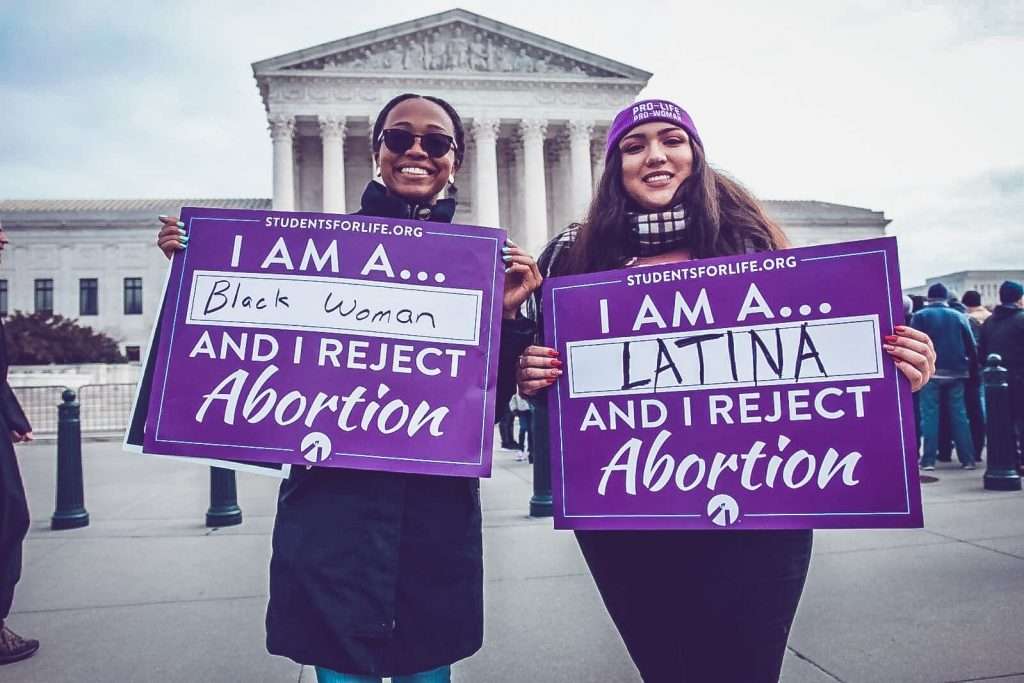
However, this accusation does fit the abortion lobby like a glove as abortion disproportionately affects minority women and their children. Black women have the highest abortion rate by far (nearly half of pregnancies end in abortion in many places), and the abortion ratio is 401 abortions per 1,000 live births. Additionally, while about 12% of Americans are Black (and roughly half are women), Black women are sold about 34% of all abortions. This has led to making American Black babies now 3.4 times more likely to be aborted than white babies — truly a sad figure.
A recent example of just how racist the abortion industry is coming from the newest Ohio Health Department report. The statistics found in the report on minority abortions are shocking, to say the least. Here’s what you need to know:
According to the 2020 United States Census, only 12.4% of the Ohio population is Black while 61.6% is White — but according to the state of Ohio’s abortion data, 49% of all the abortions carried out in the state of Ohio were on Black children. If we do that math, that means that Black people in Ohio carry four times as many abortions as their share of the population in this state.

What does this tell us about Black women and the abortion industry?
Well, it speaks volumes that say Abortion absolutely disproportionately affects women of color. The abortion industry is telling them that their children are better off dead than alive. It tells them that their children’s lives don’t matter and tells them that they can’t succeed without killing their children — and don’t forget the fact that the abortion industry is also getting sloppy rich off killing these women’s babies. It’s disgusting to see just how much abortion vendors like Planned Parenthood make. Talk about blood money.
This also means that abortion prohibitions disproportionately affect minority communities, and they do so in a really positive way. Restrictions on abortion tell our minority brothers and sisters that their lives are worth protecting. Additionally, the pro-life movement makes sure that when abortion is restricted, women and families are supported with life-affirming, compassionate alternatives.
Just look at Texas for an example (again). Before the Lone Star State limited abortion at the moment a baby’s heartbeat could be detected, it actually put a $100 million dollar publicly funded resource program in place to ensure that no woman who was turned away from an abortion facility would be left without the care she needed.
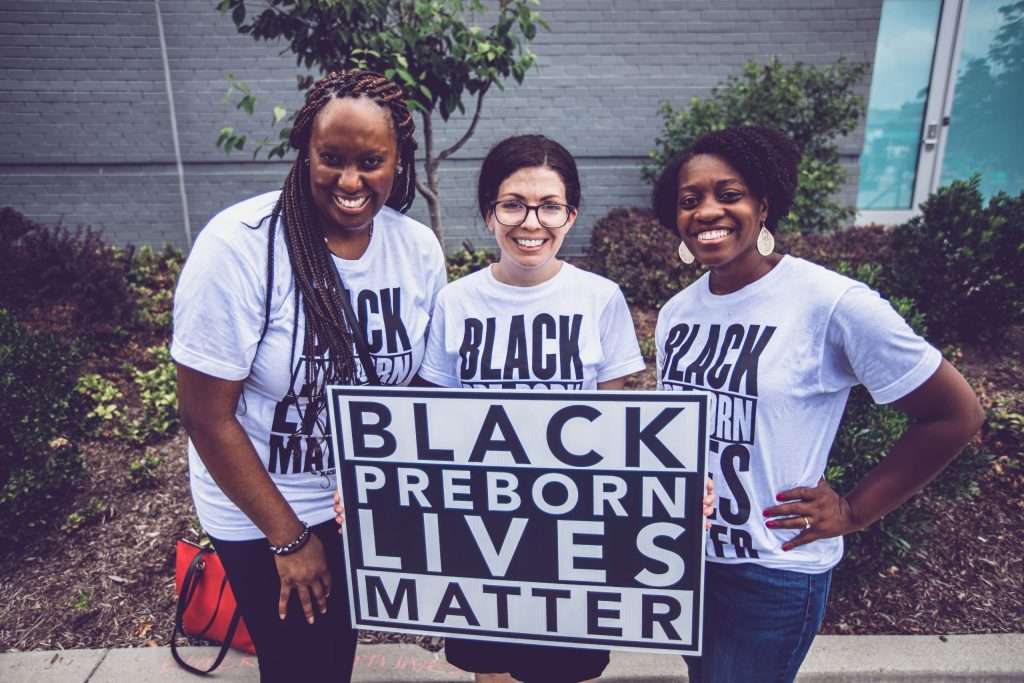
It’s the pro-life movement that seeks in this way to care for women through pregnancy, parenting, adoption, and post-abortive regret — not the abortion industry. Don’t believe us? Try going to your local Planned Parenthood and ask for help paying your rent, getting childcare while you go to work, or getting a free car seat or baby formula supply. They will laugh at you, not love you as the pro-life movement does.
If you are a mother in an unplanned pregnancy and need the pro-life movement’s help with financial aid, legal counsel, tangible items, etc., check out Students for Life of America’s initiative Standing With You where we bring every resource you might need to be successful to one place.
READ NEXT: Washington Post Article Shows Pre-Roe Black Community Feared Abortion Was a Eugenic Tool
Share this post
Recent Posts

Abortion Brags from Lily Allen & Hat from Cynthia Nixon Enrage Even Pro-Choice Americans. Can the Pro-Life Generation Take Some Credit?
11 Jul 2025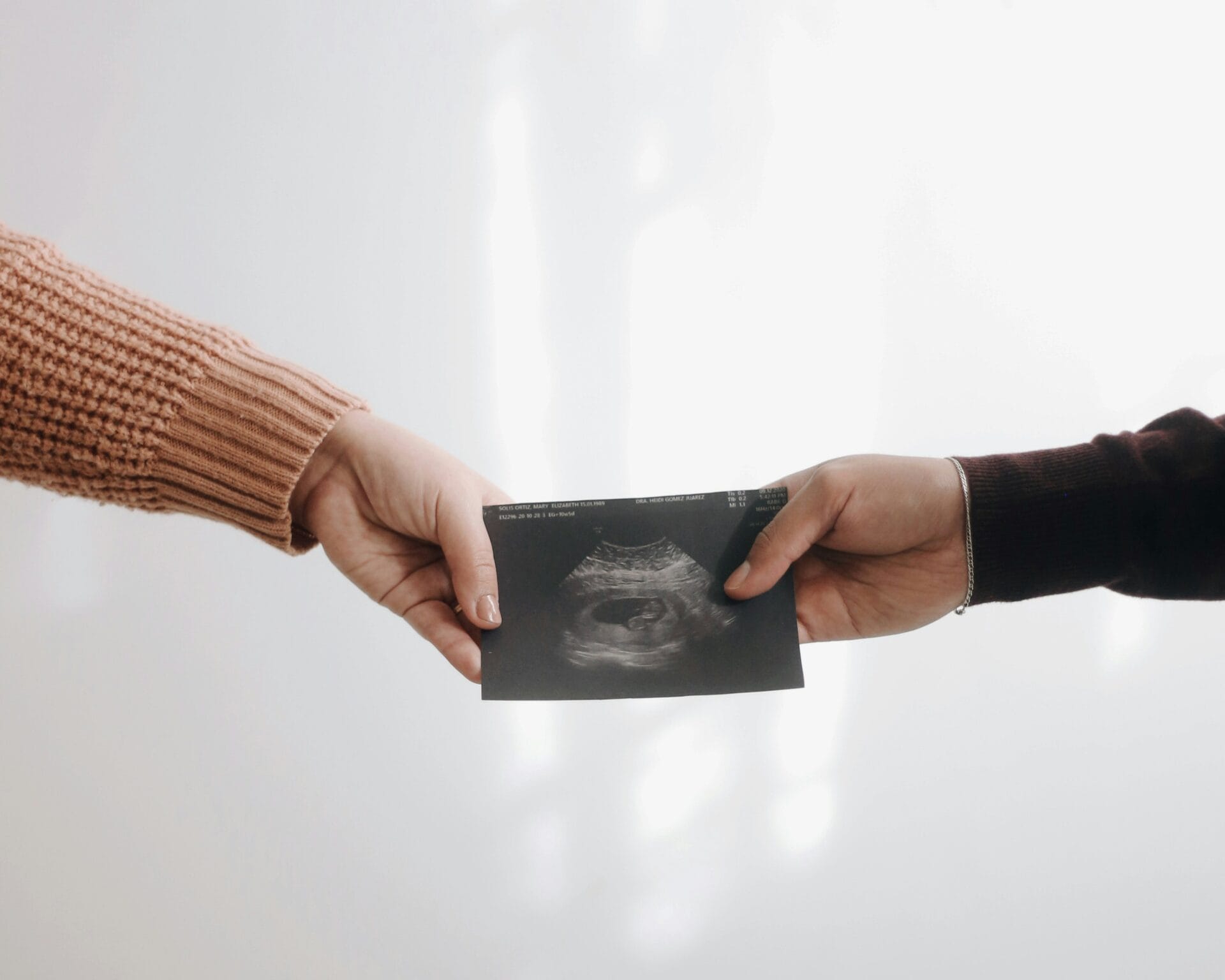
Young Mom Prayed for God’s Hand on Her Child – At Her Ultrasound Appointment, THIS Happened
11 Jul 2025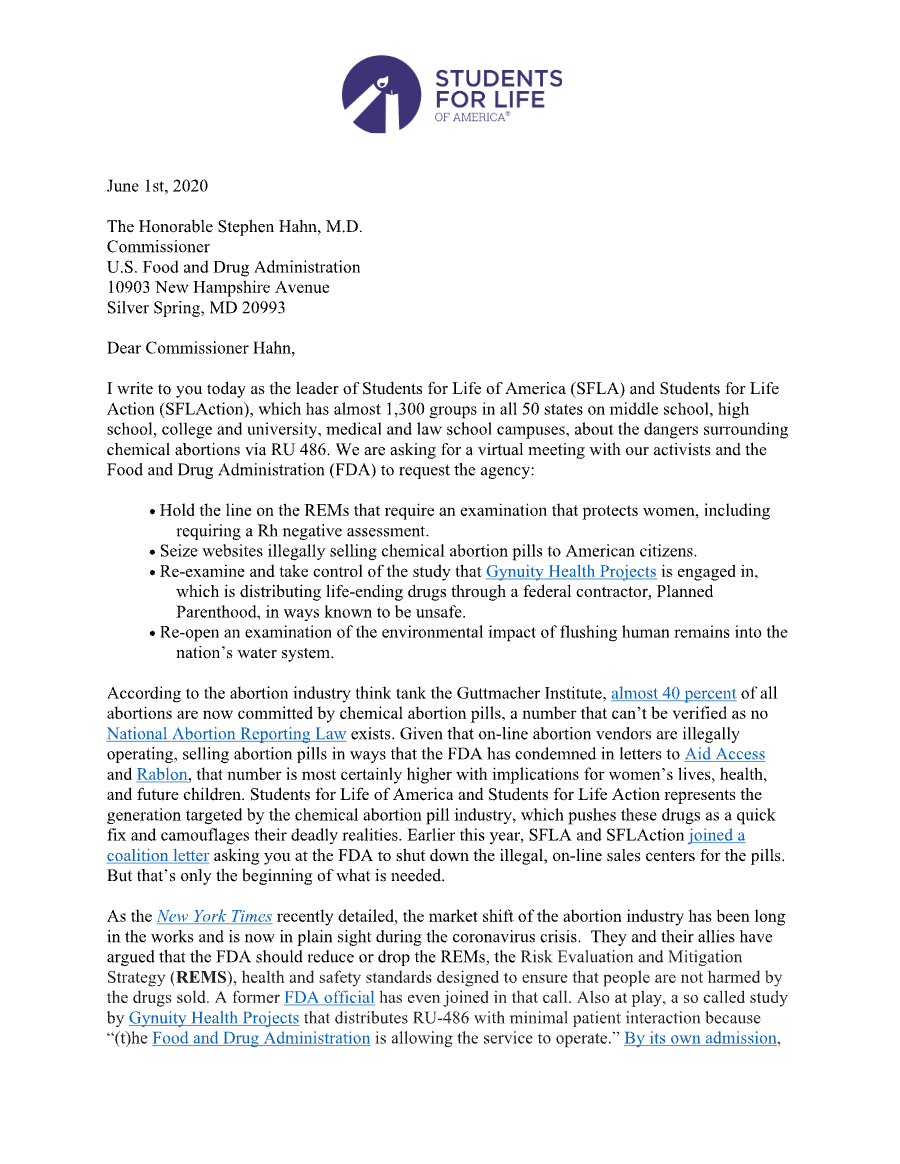
Letter to the FDA Regarding Chemical Abortion Drugs June 2020
10 Jul 2025
